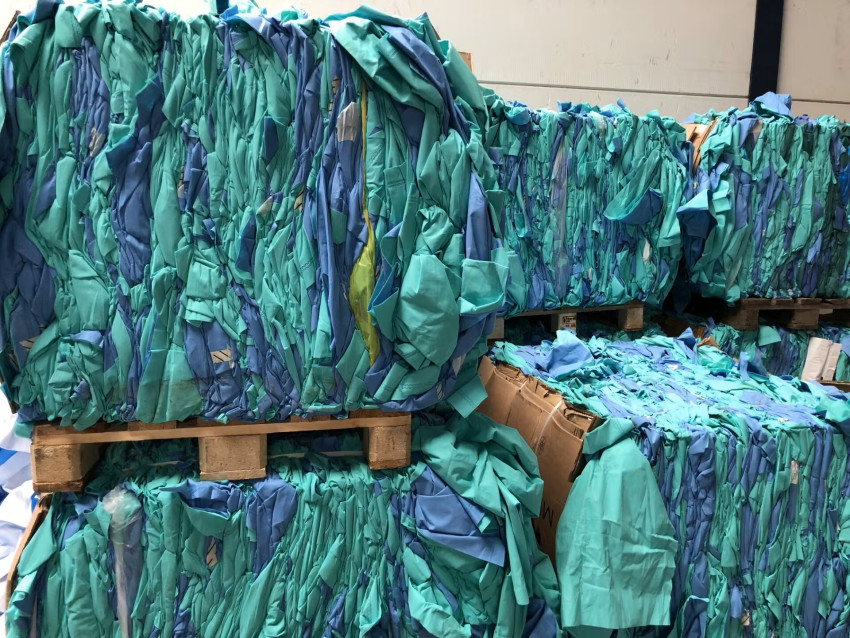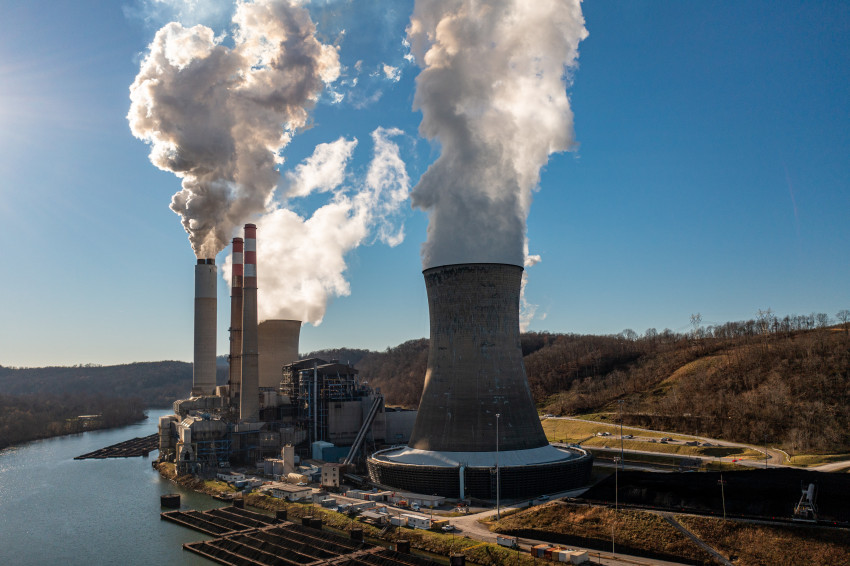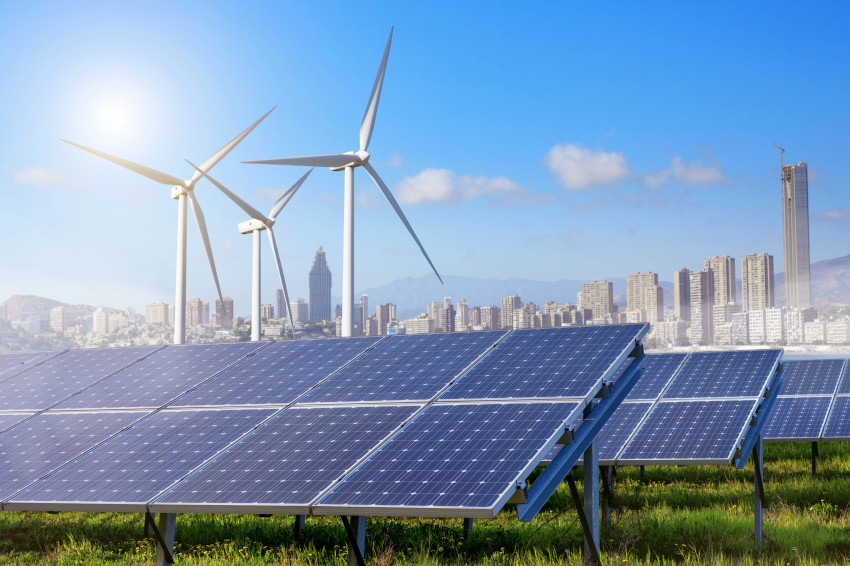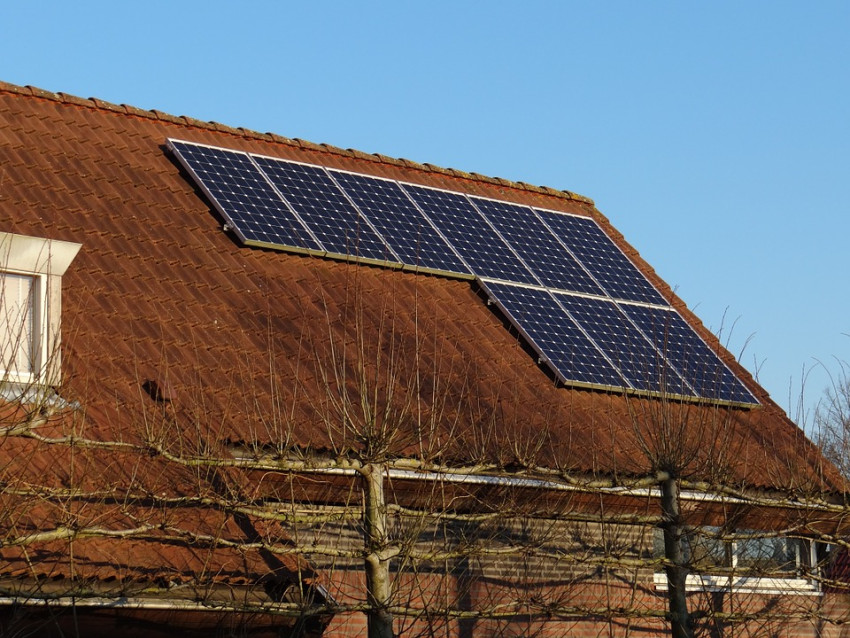
Unregistered solar panels cost renewable energy
25% of solar panels on homes in the Netherlands are not registered. That can lead to energy and monetary losses for users, warns grid operator Stedin.
The company studied how many homes with solar panels are not registered as having them fitted. Using satellite images and an algorithm that recognises panels, Stedin studied two residential estates in Rotterdam and Delft. The operator then compared the results with its own database, revealing a discrepancy of 25%. According to Stedin, this is a representative sample that could be applied to Stedin's entire operating area: Zuid-Holland and Utrecht.
MISSING OUT ON FUNDS
And that affects the capacity in a residential estate. 'A cable has a certain capacity. If, on a sunny day, the solar panels in a street generate more energy than the capacity of the cable, the energy has nowhere to go. The panels then stop generating electricity, which means that people could miss out on compensation from the net metering scheme,' says Koen de Lange, spokesperson for Stedin. This not only applies to unregistered panels; when a cable reaches capacity, anyone with solar panels misses out on funds.
The grid operator wants the capacity of cables to be geared to the generation of electricity / demand from a residential estate. But to do this effectively, the grid operator needs to know how much power each street generates. And essential to that is the registration of solar panels, which is why Stedin is now drawing attention to this issue.
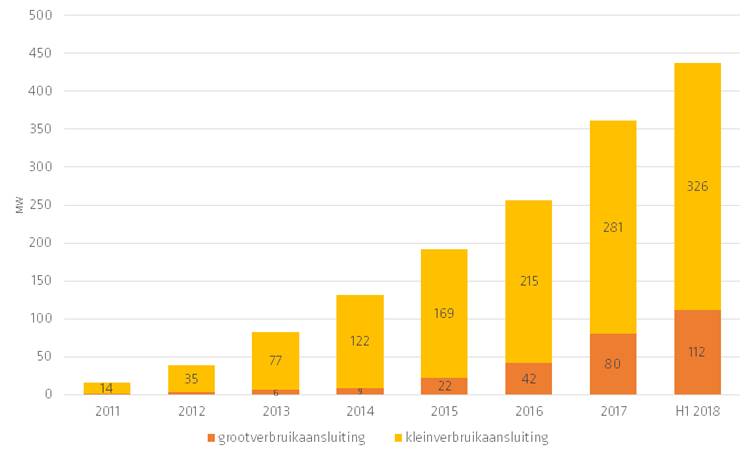
For the time being, the cables do not often reach maximum capacity due to excessive power supply from renewable sources. But the number of solar panels is growing fast, and the grid operator wants to be future-proof. 'To estimate the capacity that cables will need in the future, it is important that we now get a clear picture of the number of panels per estate or street.'
FORGOTTEN OR UNWILLING
According to De Lange, the installation sector is helping in the quest to register as many solar panels as possible, for instance by ensuring that registration occurs at the fitting stage. De Lange is unsure as to why 25% of solar panel owners don't register their panels. 'Some people simply forget, but others may be against it on principle. The conditions of use of the panels clearly state that registration is mandatory, but not everyone remembers to do this.'
MOST PANELS IN UTRECHT
25% amounts to 326,000 unregistered panels. All combined, they’re good for a maximum capacity of 81.5 MW of power in the area of Zuid-Holland and Utrecht. Stedin has also issued rankings for the number of solar panels per municipality. Utrecht leads the rankings with 23.5 MW of (registered) solar power, followed by Amersfoort, The Hague and Rotterdam.
Photo: the-wolff
If you found this article interesting, subscribe for free to our weekly newsletter!


